Description
Buy Lioresal 10mg Tablet at Rose Pharmacy Medicine Delivery
Description : Scored tablet: 10 mg of baclofen.
Indications / Uses : Adults: Treatment of spasticity of the skeletal muscles in multiple sclerosis.
Treatment of spastic conditions occurring in spinal-cord diseases of infectious, degenerative, traumatic, neoplastic, or unknown origin: e.g. spastic spinal paralysis, amyotrophic lateral sclerosis, syringomyelia, transverse myelitis, traumatic paraplegia or paraparesis, and compression of the spinal-cord; muscle spasm of cerebral origin, as well as following cerebrovascular accidents or in the presence of neoplastic or degenerative brain disease.
Pediatric population (0-<18 years): Baclofen (Lioresal) is indicated for the symptomatic treatment of spasticity of cerebral origin, especially due to infantile cerebral palsy, as well as following cerebrovascular accidents or in the presence of neoplastic or degenerative brain disease.
Baclofen (Lioresal) is also indicated for the symptomatic treatment of muscle spasms occurring in spinal cord diseases of infectious, degenerative, traumatic, neoplastic, or unknown origin such as multiple sclerosis, spastic spinal paralysis, amyotrophic lateral sclerosis, syringomyelia, transverse myelitis, traumatic paraplegia or paraparesis, and compression of the spinal cord.
Administration : Should be taken with food.
Contraindications : Known hypersensitivity to baclofen or to any of the excipients.
Special Precautions :
Psychiatric and nervous system disorders: Patients suffering from psychotic disorders, schizophrenia, depressive or manic disorders, confusional states or Parkinson’s disease, should be treated cautiously with baclofen (Lioresal) and kept under careful surveillance, because these conditions may become exacerbated.
Epilepsy: Special attention should be given to patients known to suffer from epilepsy since lowering of the convulsion threshold may occur and seizures have occasionally been reported in connection with the discontinuation of the drug or with overdosage. Adequate anticonvulsive therapy should be continued and the patient should be carefully monitored.
Others: Baclofen (Lioresal) should be used with caution in patients with, or with a history of, peptic ulcers, as well as in patients with cerebrovascular diseases or with respiratory or hepatic impairment.
Since adverse effects are more likely to occur, a cautious dosage schedule should be adopted in elderly and patients with spasticity of cerebral origin (see Dosage & Administration).
Renal impairment: Baclofen (Lioresal) should be used with caution in patients with renal impairment and should be administered to end stage renal failure patients only if the expected benefit outweighs the potential risk (see Dosage & Administration).
Particular caution is required when combining with drugs or medicinal products which may significantly impact renal function. Renal function should be closely monitored and baclofen (Lioresal) daily dosage adjusted accordingly to prevent toxicity.
Besides discontinuing treatment, unscheduled hemodialysis might be considered as a treatment alternative in patients with severe baclofen toxicity. Hemodialysis effectively removes baclofen from the body, alleviates clinical symptoms of overdose and shortens the recovery time in these patients.
Urinary disorders: On baclofen (Lioresal) treatment, neurogenic disturbances affecting emptying of the bladder may show an improvement. In patients with pre-existing sphincter hypertonia acute retention of urine may occur; the drug should be used with caution in such cases.
Laboratory tests: In rare instances, elevated aspartate aminotransferase, blood alkaline phosphatase and blood glucose levels in the serum have been recorded. Appropriate laboratory tests should therefore be performed periodically in patients with liver disease or diabetes mellitus in order that no drug-induced changes in these underlying diseases have occurred.
Abrupt discontinuation: Anxiety and confusional state, delirium, hallucination, psychotic disorder, mania or paranoia, convulsion (status epilepticus), dyskinesia, tachycardia, hyperthermia and – as a rebound phenomenon – temporary aggravation of spasticity have been reported following the abrupt withdrawal of the drug, especially after long-term medication.
Postnatal convulsions have been reported after intrauterine exposure to oral baclofen (Lioresal) (see Use in Pregnancy & Lactation).
For the intrathecal formulation, it has been reported that clinical characteristics of withdrawal may resemble autonomic dysreflexia, malignant hyperthermia, neuroleptic-malignant syndrome, or other conditions associated with a hypermetabolic state or widespread rhabdomyolysis.
Except in overdose-related emergencies or where serious adverse effects have occurred, the treatment should always be gradually discontinued by successively reducing the dosage (over a period of approximately 1 to 2 weeks).
Driving and using machines: Baclofen (Lioresal) may be associated with adverse effects such as dizziness, sedation, somnolence and visual impairment (see Adverse Reactions) which may negatively affect the patient’s reaction times. Patients experiencing these adverse reactions should be advised to refrain from driving or using machines.
Posture and balance: Baclofen (Lioresal) should be used with caution when spasticity is needed to sustain an upright posture and balance in locomotion (see Dosage & Administration).
Pediatric patients: There is very limited clinical data on the use of baclofen (Lioresal) in children under the age of one.


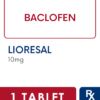
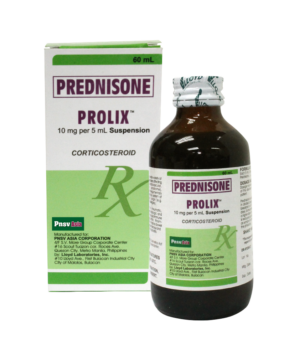
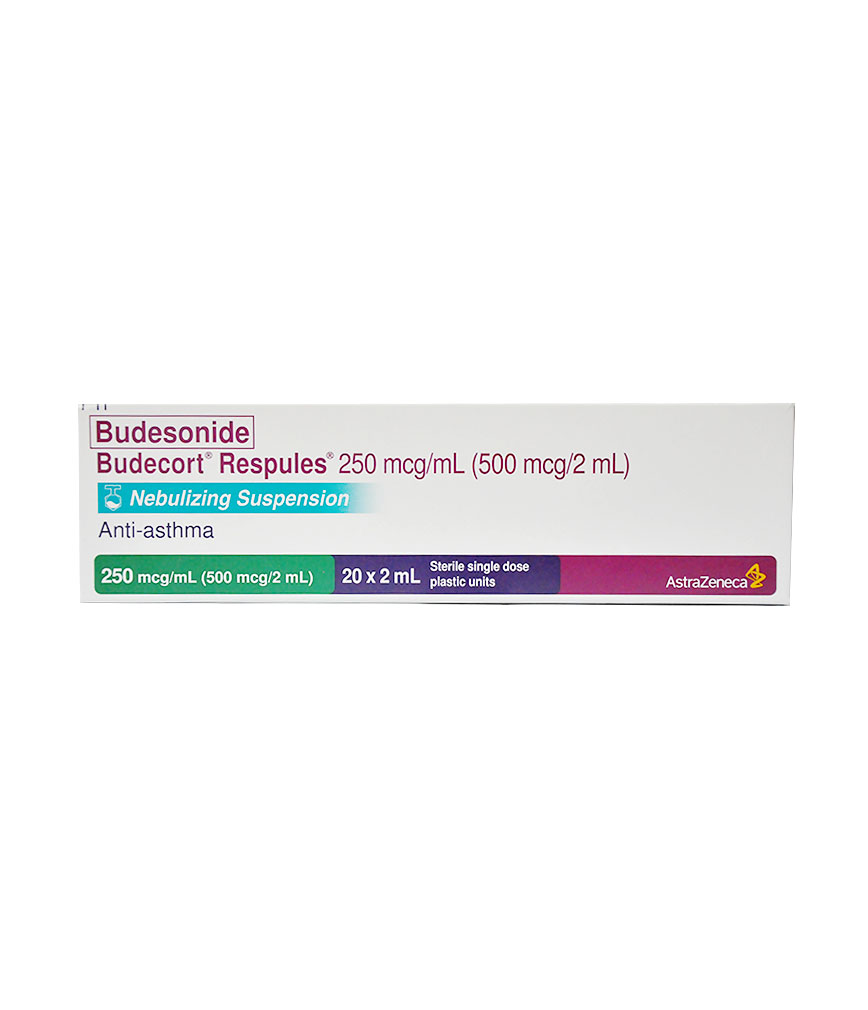
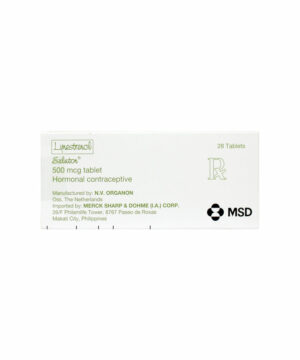


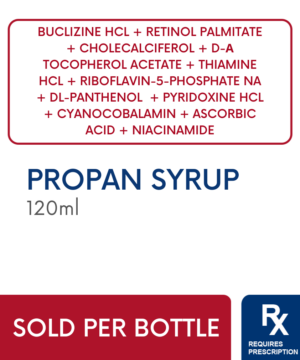
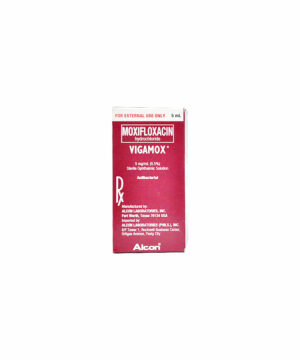
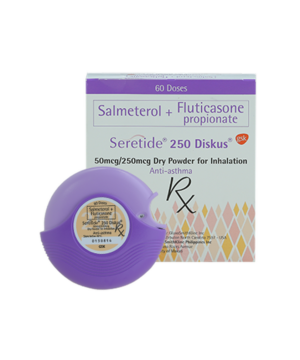



Reviews
There are no reviews yet.